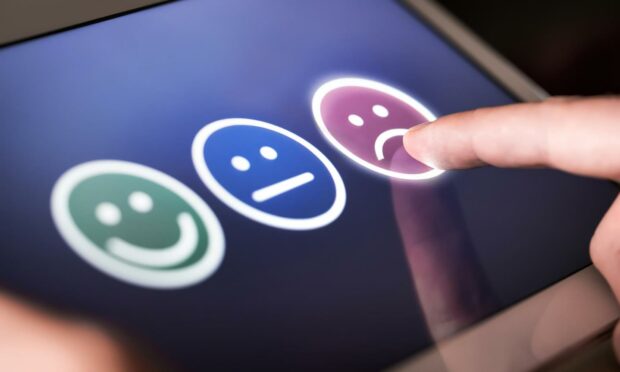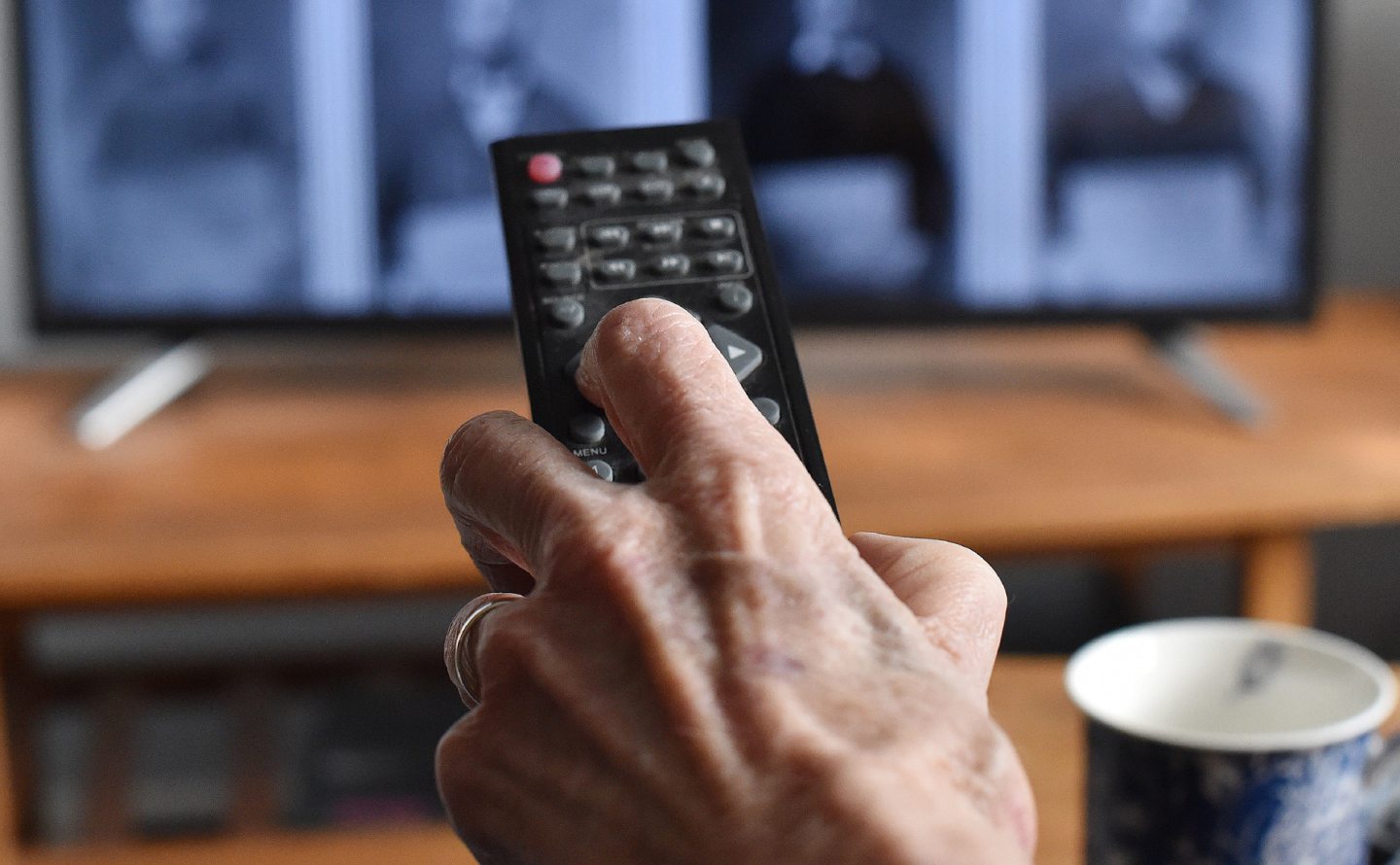Whatever happened to customer service?
A survey by consumer magazine Which? last week named some of the UK’s largest retailers as the worst companies for customer service, with JD Sports, Homebase and Carphone Warehouse singled out for particular criticism.
But they are by no means the only offenders, as I have discovered following a few weeks of frustration spent trying to deal with problems which could have been resolved in a heartbeat if only organisations made it easy for customers to contact them.
By far the worst experience was with TV Licensing, the offshoot responsible for making sure we pay for the dross which the BBC serves up in the name of entertainment, regardless of whether we watch it.
TV licence hassle for elderly people
One of the many reasons why I dislike the BBC is because of its decision to scrap free TV licences for the vast majority of over-75s – a disgraceful decision by an organisation which happily pays some of its presenters in excess of £1 million a year.
One of my elderly relatives, well into his 90s, is one of the fortunate few who meet the criteria for retaining a free licence, but obtaining it has taken a year. During this time, he has been harassed and bullied by letters accusing him of failing to provide proof of his entitlement, despite the fact I had personally submitted the proof on his behalf on three separate occasions.
Having finally given up on trying to communicate by letter, I spoke to someone in customer services to see if good, old-fashioned conversation could sort it out. I would have had more success talking to a fence post.
The young man I spoke to was clearly working off a script. He couldn’t discuss individual cases; the submitted proof did not meet the required standards; no, they didn’t bother letting me know that because “it’s not what we do”; if I’m not happy I could speak to his supervisor – and then he cut me off. An absolutely dreadful experience, which was to be repeated over and over again in the ensuing days.
A 3-week long phone queue
My energy supplier, motor insurance company and even Scotland’s best-known animal protection charity have all fallen far short of providing what I consider acceptable customer service. My attempts to resolve fairly minor issues escalated into major problems, simply because they make it as difficult as possible to physically speak to a human being.
I was told if I left my phone number, someone would ring me back. Three weeks later, I’m still waiting. It must be some queue
The energy company sent me an email informing me that it was increasing my direct debit by £20 a month because my estimated usage was higher than it had anticipated. Receiving this terse message was bad enough, but it was sent from an email address which did not accept replies, leaving me with no option but to ring customer services.
The usual automated greetings were followed by a recorded message saying it would be 12 minutes before I could speak to someone, but, if I left my phone number, someone would ring me back and I would not lose my place in the queue. Three weeks later, I’m still waiting. It must be some queue.
Ripping off a loyal customer
It’s car insurance renewal time. I have a multi-car policy and the renewal quote seemed a little on the high side, something which was confirmed when I secured an alternative which was £500 cheaper than what the company which had insured me for the last eight years offered.
Of course, the renewal quote did not come with a decline option, and the only way to opt out was to ring customer services. The very pleasant young lady told me I had been such a good customer for such a long time that she could give me a better quote – £200 less than the original, but still £300 more than the competitors. In other, words, far from looking after a loyal customer, they were trying to rip me off.
There will be a backlash
My wife and I have always been animal lovers, and having fairly recently lost our two cocker spaniels, we decided to try to help when the Scottish SPCA appealed for someone to adopt a young Bichon Frise rescue dog. We duly completed the application form and thought we stood a good chance of success. We are both at home all day, have a large secure garden leading into open woodland and are experienced in dealing with the challenges rescue dogs can present.
Within minutes we received the email confirming that our application had been received and someone would be in contact within five days. That was more than two weeks ago, and not a word. And, of course, the email came from an address which does not accept replies.
On reflection, perhaps I shouldn’t be surprised at not hearing back, because I’m still waiting for a reply to the forms my wife and I submitted offering our services as volunteers four years ago.
No doubt Covid will be put forward as an excuse for the appalling customer service described above, but it has little, if anything, to do with the pandemic.
Too many organisations have deliberately built a wall between themselves and their customers to ensure it is as difficult as possible to make a complaint. It may make life easier for them in the short-term, but there will be a backlash at some stage. And, when it comes, they will have only themselves to blame.
Derek Tucker is a former editor of The Press and Journal













